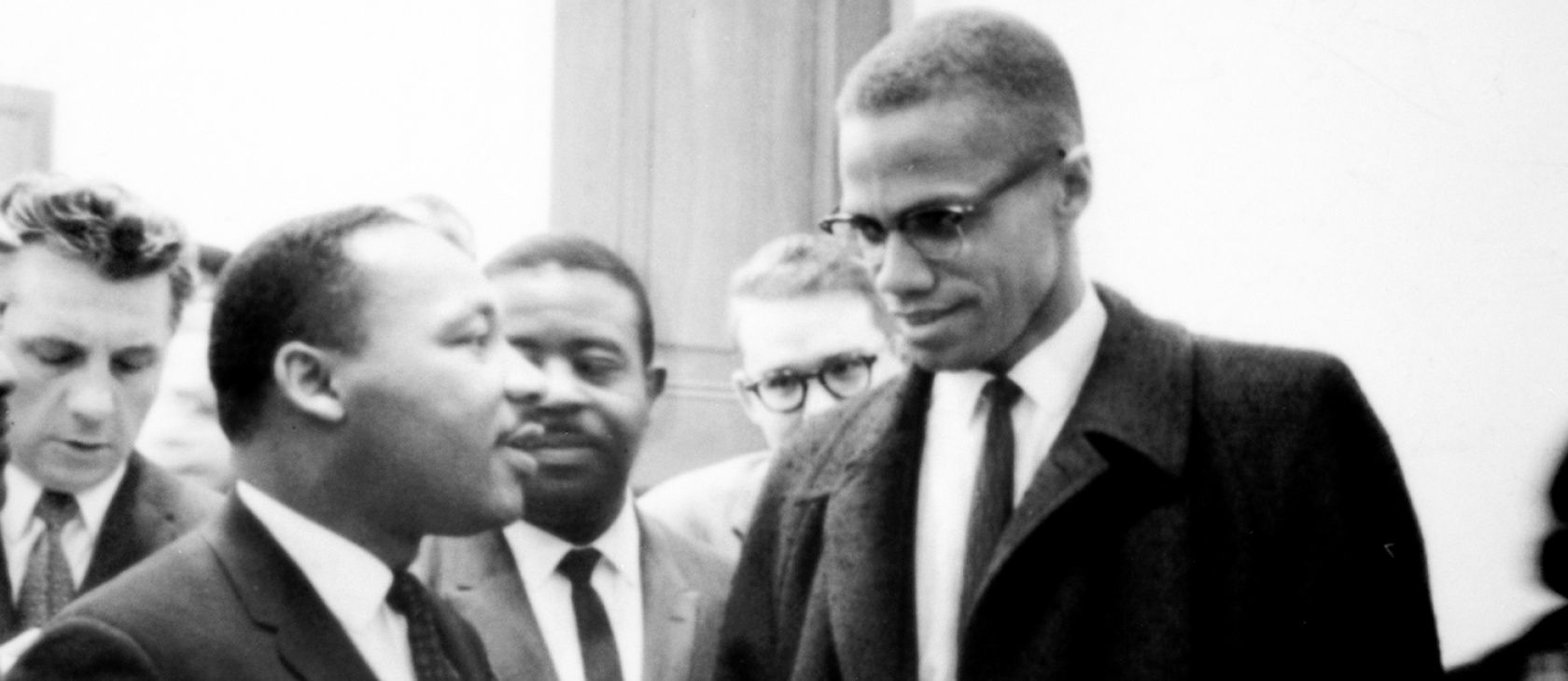America’s current racial strife has roots deeper than recent controversies involving the police. One factor greatly exacerbating these tensions is the contrast in worldviews over the relative importance of “race” in one’s life and how those in dialogue view the American founding, according to Ismael Hernandez, executive director of the Freedom and Virtue Institute and a longtime lecturer at Acton University.
Hernandez has elucidated these contrasting approaches in two new episodes of “Freedom and Virtue” the podcast.
Hernandez first traces slavery to every nation and culture, then places the origins of modern racism in the 17th century, when exploration brought cultures into contact with one another. Racial categories originated when observers emphasized “certain true biological differences” which are “seemingly irrelevant” but “tend to be very visual.”
This racialized view was weaponized by such forces as “mercantilism, trade, Darwinism: All this gave a new twist of justification to an ancient institution: the institution of slavery,” he says. “Darwinists are the first ones to give to racism some semblance of scientific validity.”
In contrast, what emerges uniquely from this time period is not slavery but the kernel of the abolitionist movement, rooted in biblical sources and Western civilization.
Hernandez then contrasts the “natural law/integrationist/personalist” approach — which sees the individual as having a primary identity apart from any group membership — with the “dialectical separationist” or “collectivist” approach.
“The first stream that has informed race relations in America from the beginning of our nation is what we can call the natural law/integrationist approach, or the personalist approach,” he says. In this view, “the individual person stands sui generis in the midst of the group, so the group doesn’t have priority over the individual.”
“America benefited from the fact that the idea of individual freedom is an individual value,” Hernandez says, a worldview which “took root only in the Christian West." He contrasts that with the collective view that dominated the pre-modern world:
The slave could conceive freedom, but not as an institutional value. If I was a slave, I wanted to be free — but I wanted to be free so I could return to my community and come back and enslave the other. There was no opposition to slavery as an institution.
Adherents to the natural law/personalist stream believe that the “biblical context and the American constitutional framework, over time, could overcome social, economic, and political racial stratification, precisely because the individual matters and not the group. Embedded in those principles was the seed to the answer of the problem,” he says. “The Constitution was not perfect, but it was neither tragically flawed. Its principles, its basic principles were not those of white supremacy but the principles of liberty.”
Hernandez says this biblical, optimistic view fueled the civil rights movement of the 1960s, led by Martin Luther King Jr.
Hernandez contrasts the natural law tradition, which upholds the integrity of the individual, with the “dialectical separationist approach, or the collectivist approach.” Hernandez also calls it “the dialectic of antagonism,” aptly personified by Malcolm X. In this view, “race is a basic reality, a sort of practical absolute, the heart of individual identity, what we can call racialist essentialism. The very substance of what it means to be human cannot be understood apart from the concept of race at the heart of identity,” he says.
This view sees “the crimes of ethnocentrism, colonialism, imperialism, and racism” as creating an “oppressive and irreformable system” in the United States and the West generally. Ironically, this leads black liberationist collectivists to read U.S. history the same way that “rabid racists read history.”
This has “a precursor in the Marxist understanding of human nature … The very nature of man is collectivized in Marx,” he says. “In Marx, class was what moved history, but in this dialectical system … it is race that is a catalyst.”
As in Marxism, this understanding of race and race relations in America emphasizes “collective identity, collective innocence, and collective guilt. The racial group takes priority. … The only way to end this tension is the acquisition of power” by the group – something Orlando Patterson calls it “sovereign freedom.” To proponents of this collectivist dialectic, “the individual can become an impediment to our progress.”
This view aligns with the policy platform of Black Lives Matter and its allied organizations.
By extension, one can extrapolate that this view deemphasizes investment in improving one’s own, God-given potential in favor of a zero-sum struggle for collective power. The world, and countless families, are literally poorer for it.
You can listen to each podcast in the two-part series below:
Your browser does not support the
audio element.
Your browser does not support the
audio element.




